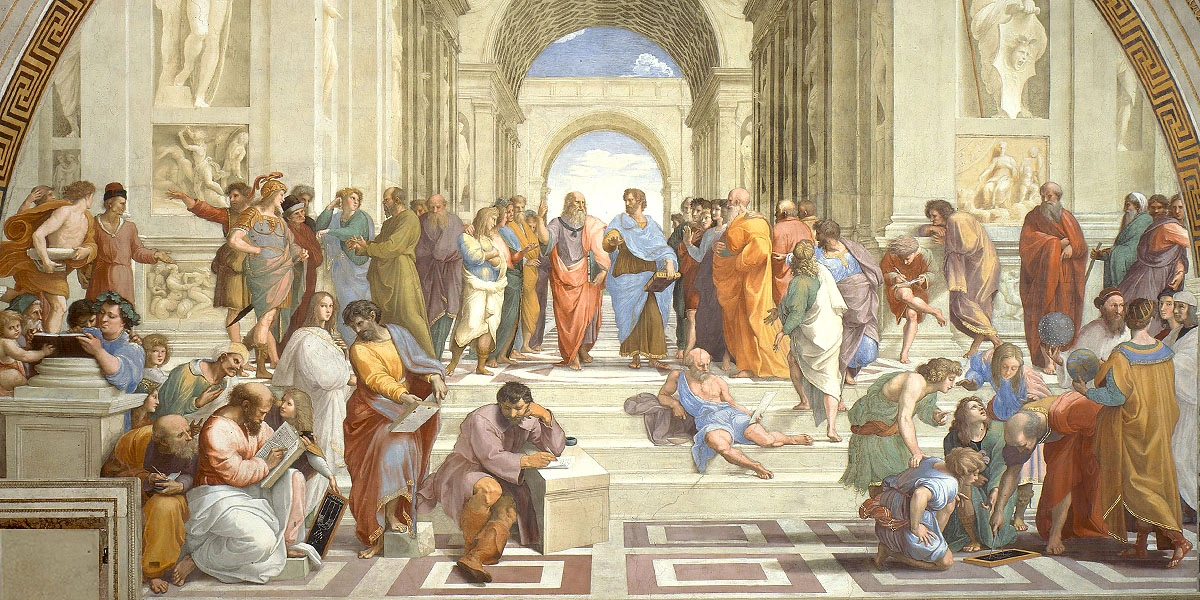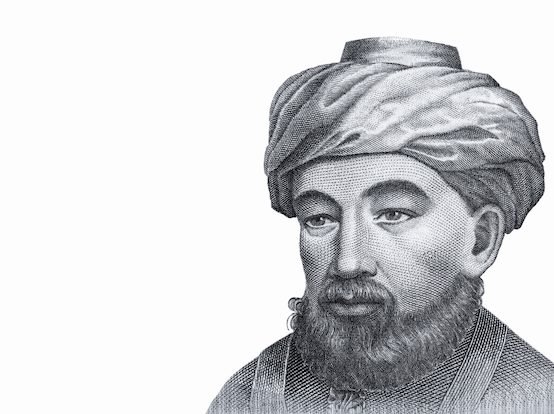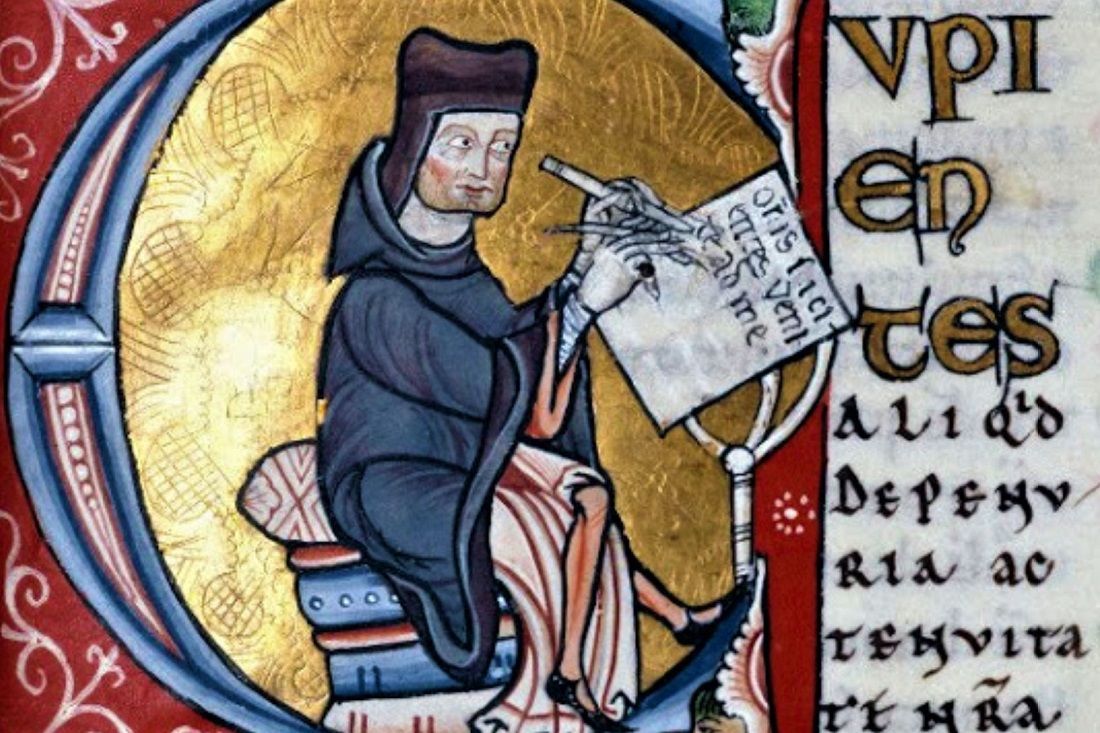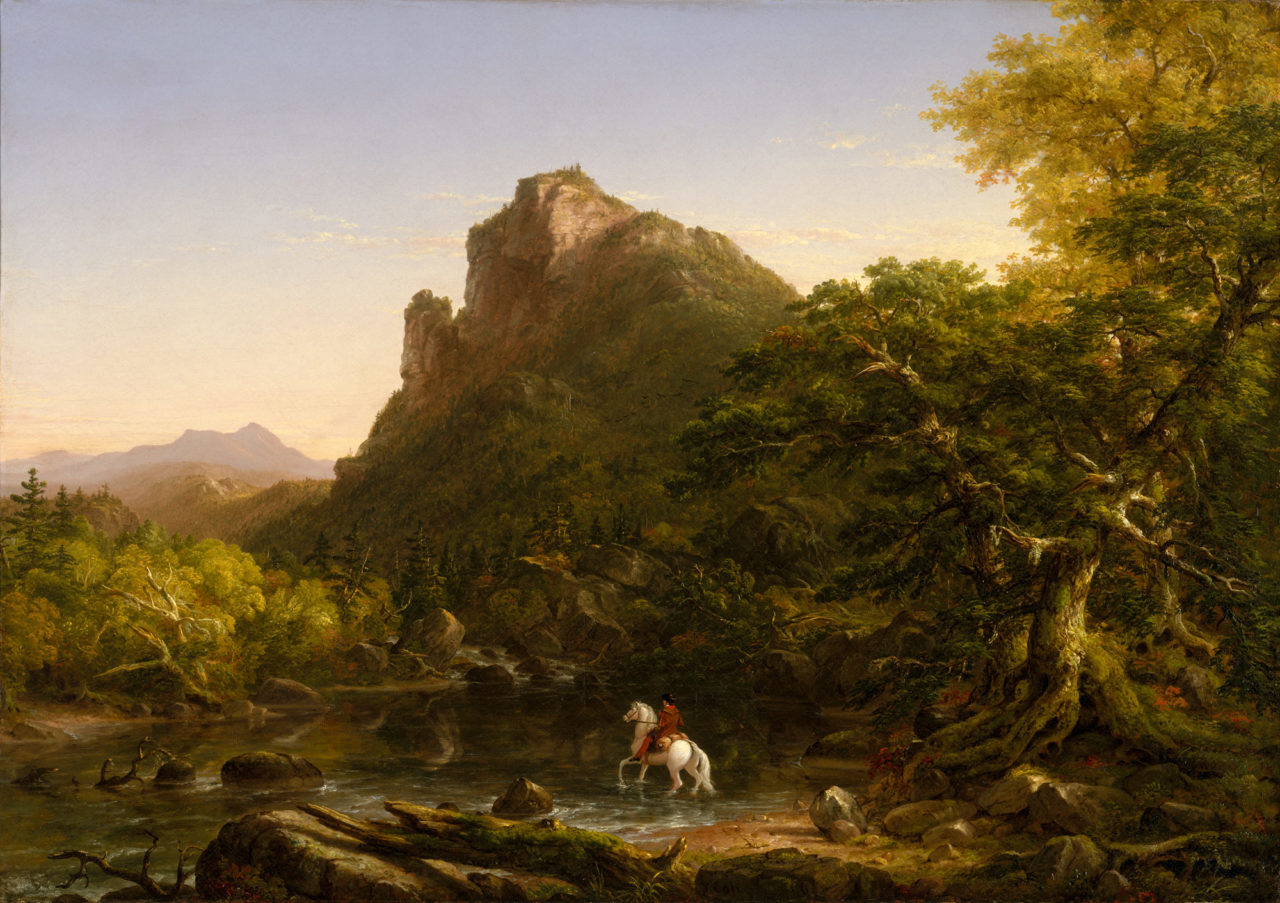Tag: Aristotle
-

Knowledge And Wisdom Part 1
In the Catholic intellectual tradition, philosophy has traditionally been referred to as the “handmaid” of theology. The reason for this is that philosophical truths rooted in our human nature and the natural world give credence to something that is more than merely human or natural; that is, the divine. Hence, philosophy is something which those…
-

Divine Revelation in the Epistemology of Maimonides
In a previous article, I wrote about the centrality of the divine to Socrates’ epistemology. Here, I will discuss the source of prophecy in Maimonides’ epistemology. Over a millennium after Socrates, Maimonides echoes similar sentiments in his discourse on prophets in Book Two of The Guide for the Perplexed. He writes with the Aristotelian methodology…
-

Rediscovering Lost Horizons
Rediscovering the relationship between faith and reason is necessary for understanding and engaging with the atmosphere of our times. Indeed, it has been the church’s constant tradition to show those outside its fold how they possess vague glimpses of what the church teaches, believes, and confesses. However, before analyzing the relationship between faith and reason,…
-

Quo Vadis Thomistice?
After considerable reflection I must agree that, despite the wisdom of certain finer points of St. Bonaventure, St. Thomas truly represents the highest point of philosophy and theology and is, in this capacity, the most effective response to modern challenges. I found out that St. Thomas held positions on faith and philosophy which I thought…
-

Simplicity and Thanksgiving
Thanksgiving is soon approaching and there is so much good food to look forward to in the upcoming days. Thanksgiving, much like the Sabbath, is a day on which we rest and look back on all that we are grateful for. Yet despite the myriad of things that we can say we are truly glad…





